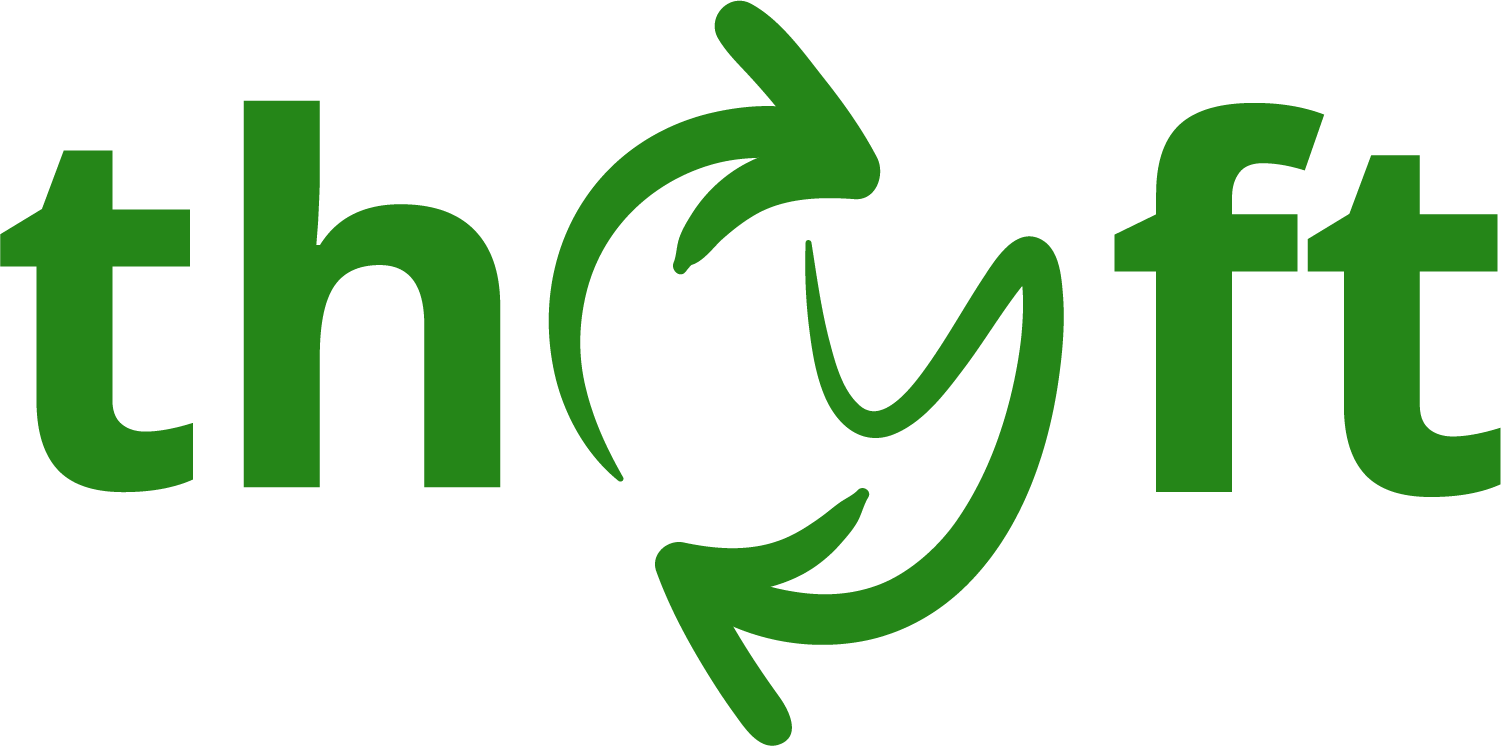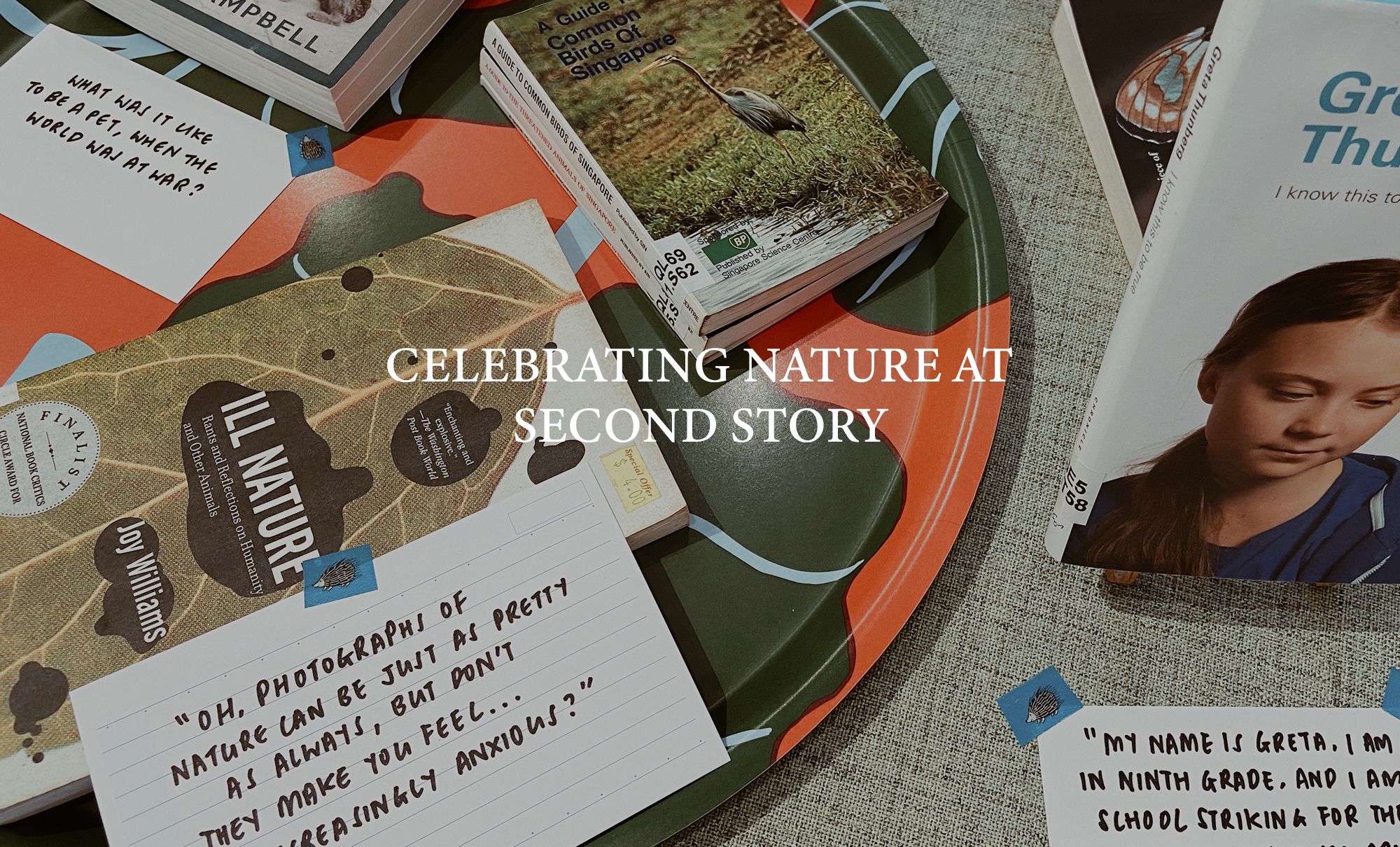If I keep a green bough in my heart,
the singing bird will come.
- Anon., taken from Anne Harvey's Shades of Green
This March, celebrate nature with us at Second Story! It’s encouraging there’re so many dates centred on nature and our environment this month - did you know National Panda Day, World Frog Day and International Seal Day fall in March? Additionally, World Wildlife Day on 3rd pays tribute to the world’s wild animals and plants, and the contribution they make to our lives and the planet. International Day of Forests on 21st focuses on the role of forests in fighting global warming. Earth Hour on 25th symbolises worldwide commitment, to protecting our planet.
At Second Story, celebrate nature with this month’s curation for the store!
Shades of Green by Anne Harvey
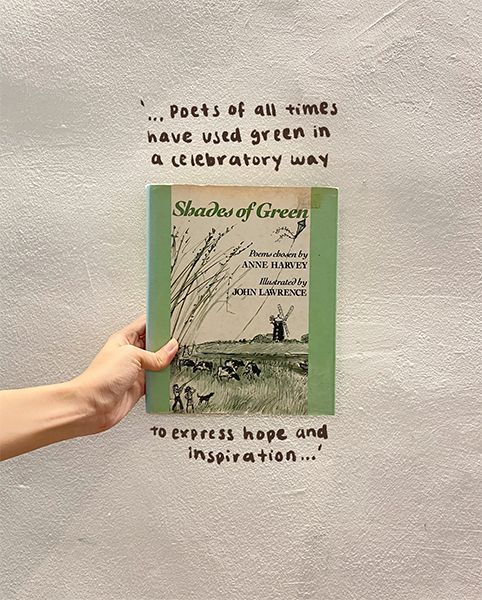
In her introduction, Anne Harvey writes:
“…my study floor is piled with poems for Shades of Green. Reading through the collection I am struck by the persistence of the word “green”. It seems to leap out at me from almost every poem, and not only to describe leaves, grass, trees, moss, hedges… there’s something else. Poets of all times have used green in a celebratory way to express hope and inspiration…”
Shades of Green is a collection of nature poems for both adults and children, including poems by Thomas Hardy, William Blake, Emily Dickinson and Philip Larkin. Enjoy the use of imagery in these poems, as you cultivate an appreciation of nature!
Wonders of Life: Exploring the Most Extraordinary Phenomenon in the Universe by Brian Cox
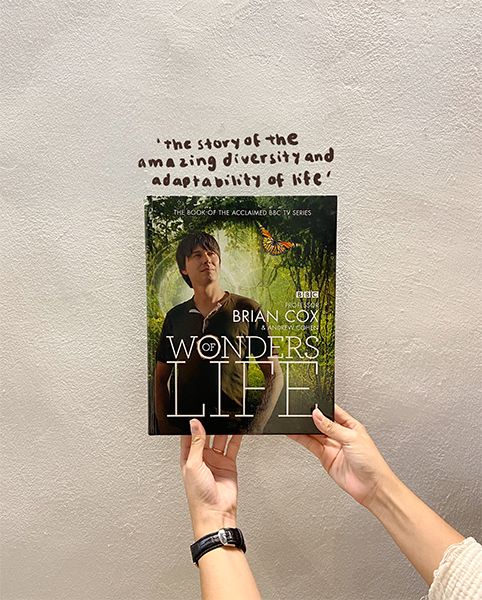
“When we began thinking about filming Wonders of Life,” Brian Cox reflects, on the acclaimed BBC documentary this book’s based on, “…the idea of the series came from an off-hand reference I made about a little book I had read as a physics undergraduate. What is Life? is an account of a series of lectures given by the physicist Erwin Schrödinger, published in 1944… In the book, he poses a simple yet profound question: “How can the events in space and time which take place within the spatial boundary of a living organism be accounted for by physics and chemistry?”… Wonders of Life might be best described as a series exploring our current understanding of Schrödinger’s “How” question.”
Could you imagine, everything in our universe, from the smallest microbe to the largest cluster of galaxies, is constructed from the same fundamental building blocks and is subject to the same laws of nature. What is true for a bacterium is true for a blue whale! Wonders of Life is the story of the amazing diversity and adaptability of life, told through the fundamental laws that govern it, by physicist and presenter Brian Cox.
Bonzo’s War: Animals under Fire 1939 - 1945 by Clare Campbell
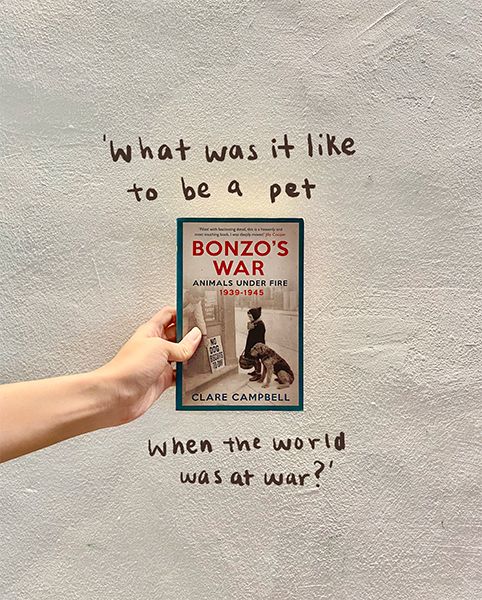
Bonzo’s War is inspired by a story Clare Campbell’s mother told her of her uncle’s wire fox terrier:
“The way she told it, each evening my Aunt Lena would walk Paddy across the common to the suburban station to meet Ernest off his train, the dog jumping up to greet him with joy. It was summer 1939; war was coming. Everybody sensed it, even if the pets of the southwest London suburbs were as yet blissfully unaware of Herr Hitler’s intentions.
Then, when the Invasion of Poland was at last announced on the BBC News, my mother told me that Uncle Ernest had suddenly decreed that Paddy must go.
Always a very “rational” man and totally lacking in sentiment, he took the dog from my aunt’s arms the following day and went out the front door, I assume, with Paddy happily beside him on a lead. The next day, the sirens sounded and Britain really was at war.
My aunt never saw Paddy again. I was horrified. I thought of my uncle, otherwise a twinkly-eyed, kindly man of whom I was very fond, and decided then and there that he must be a monster. “Well, it was the war, darling,” my mother explained unconvincingly. “Food was going to be rationed, everybody thought so, and your Uncle Ernest decided Paddy was one more mouth to feed. He wasn’t the only one who thought like that at the time.”
Campbell wondered, what was it like to be a pet, a dog or a cat, when the world was at war? In this thoroughly researched and deeply moving account of man’s companion animals, Campbell has gathered inspiring and harrowing stories of animals under fire, of evacuated and homeless pets, and of animals who comforted humans while the bombs fell.
On Truth, Courage & Saving Our Planet by Greta Thunberg
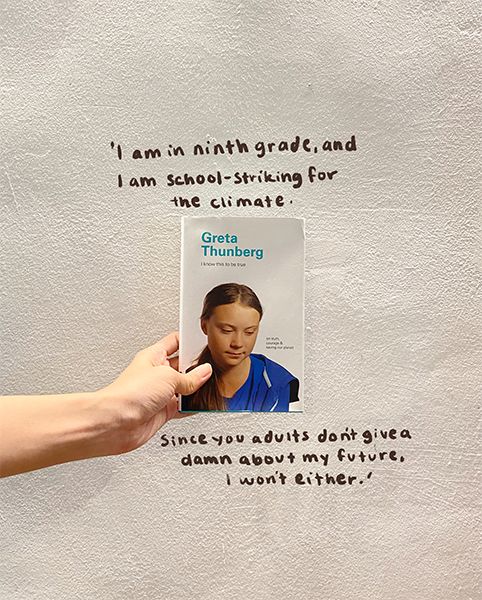
As recounted in Time, in 2018, Greta Thunberg told her parents she’d go on strike to pressure the Swedish government to meet the goals of the Paris Agreement. At first Thunberg’s parents and teachers didn’t support the strike. But Thunberg was insistent. She created informative flyers for distribution, then wrote on each: “My name is Greta, I am in ninth grade, and I am school-striking for the climate. Since you adults don’t give a damn about my future, I won’t either.”
Now Thunberg’s one of today’s most prominent climate change activists. In this interview with I Know This to be True, she discusses the irrefutable facts surrounding climate change, the need to hold political figures and lawmakers accountable and why every person has the power to make a difference.
Ill Nature: Rants and Reflections on Humanity and Other Animals by Joy Williams
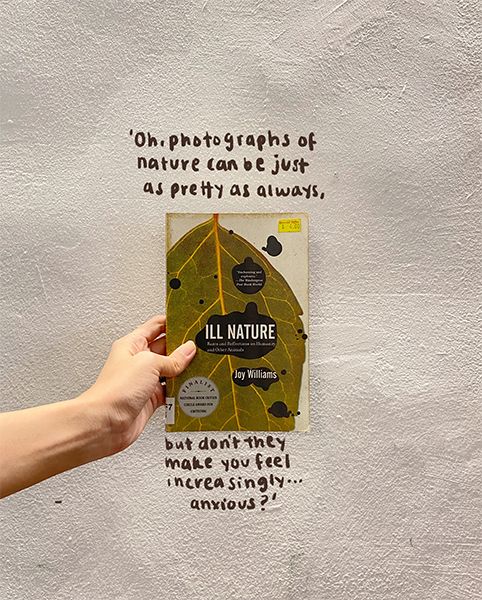
“…You don’t even take pleasure in looking at nature photographs these days. Oh, they can be just as pretty as always, but don’t they make you feel increasingly… anxious? Filled with more trepidation than peace? So what’s the point? You see the picture of the baby condor or the panda munching on a bamboo shoot, and your heart just sinks, doesn’t it? A picture of a poor old sea turtle with barnacles on her back, all ancient and exhausted, depositing her five gallons of doomed eggs in the sand hardly fills you with joy, because you realize, quite rightly, that just outside the frame falls the shadow of the condo. What’s cropped from the shot of ocean waves crashing on a pristine shore is the plastics plant, and just beyond the dunes lies a parking lot… Those lovely pictures of leopards and herons and wild rivers — well, you just know they’re going to be accompanied by a text that will serve only to bring you down. You don’t want to think about it! It’s all so uncool. And you don’t want to feel guilty either. Guilt is uncool. Regret maybe you’ll consider. Maybe. Regret is a possibility, but don’t push me, you say.”
Surely a compelling opening, this excerpt from “Save the Whales, Screw the Shrimp”, Joy Williams’s first essay in Ill Nature! In this collection, Williams urges readers to not stop at mild concern for what is done to nature, but to instead confront our complicity, and to recognise that we are, as consumers, all guilty.
Read reviews on Literary Hub and Kirkus, and an excerpt of “Hawk”, another essay, on Granta.
Find these titles and more in store, at Second Story, our shophouse store located at 617A Bukit Timah Road!
